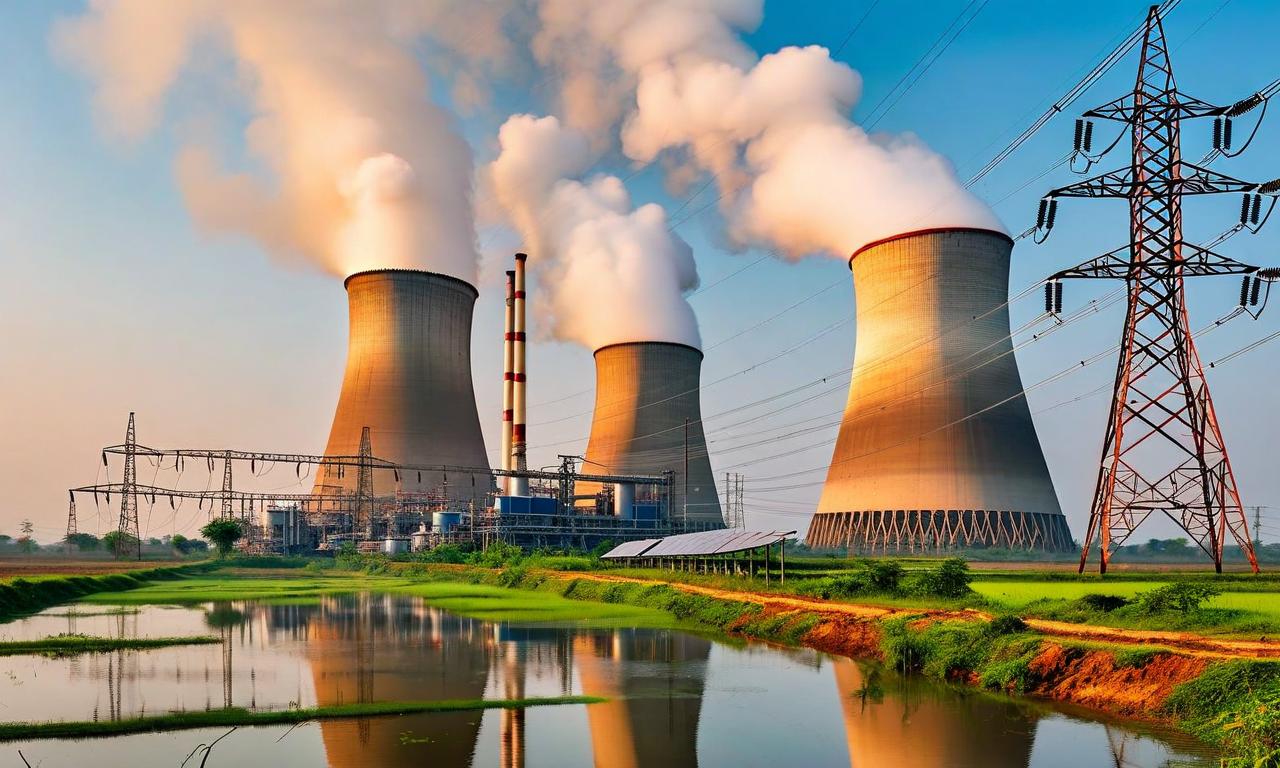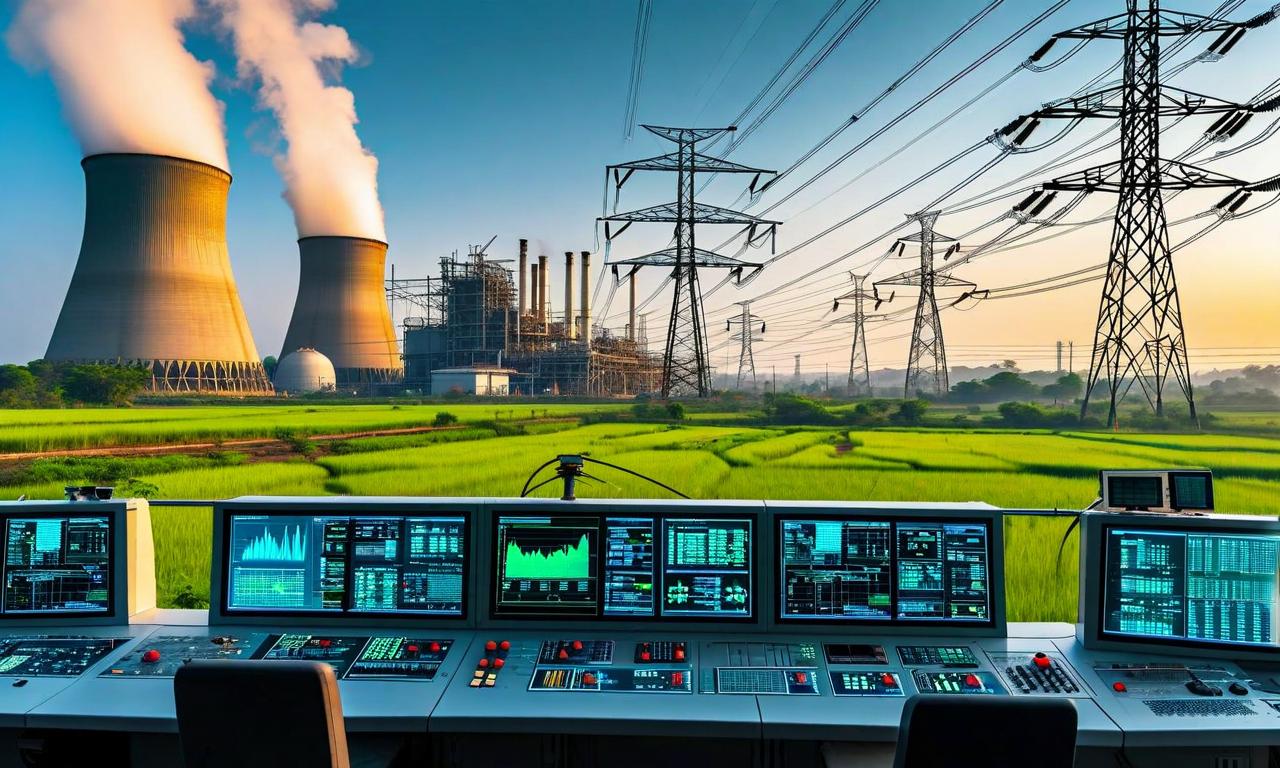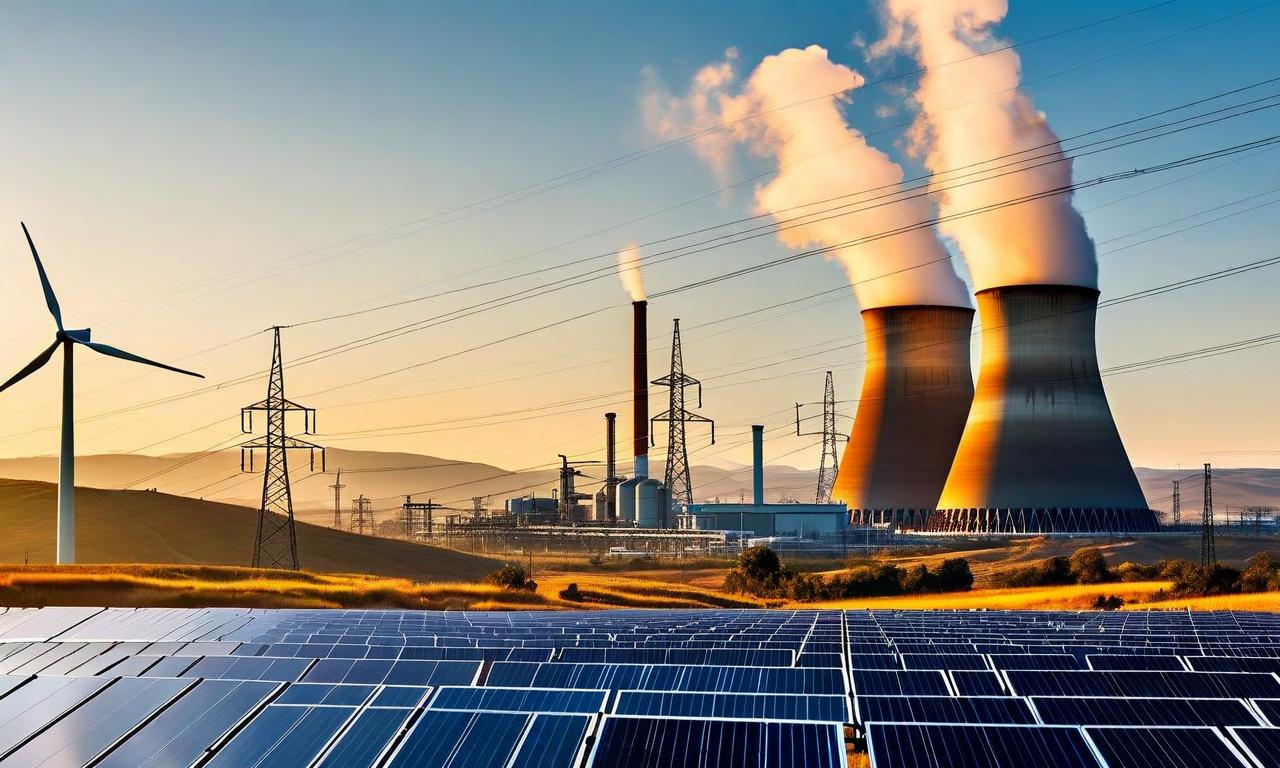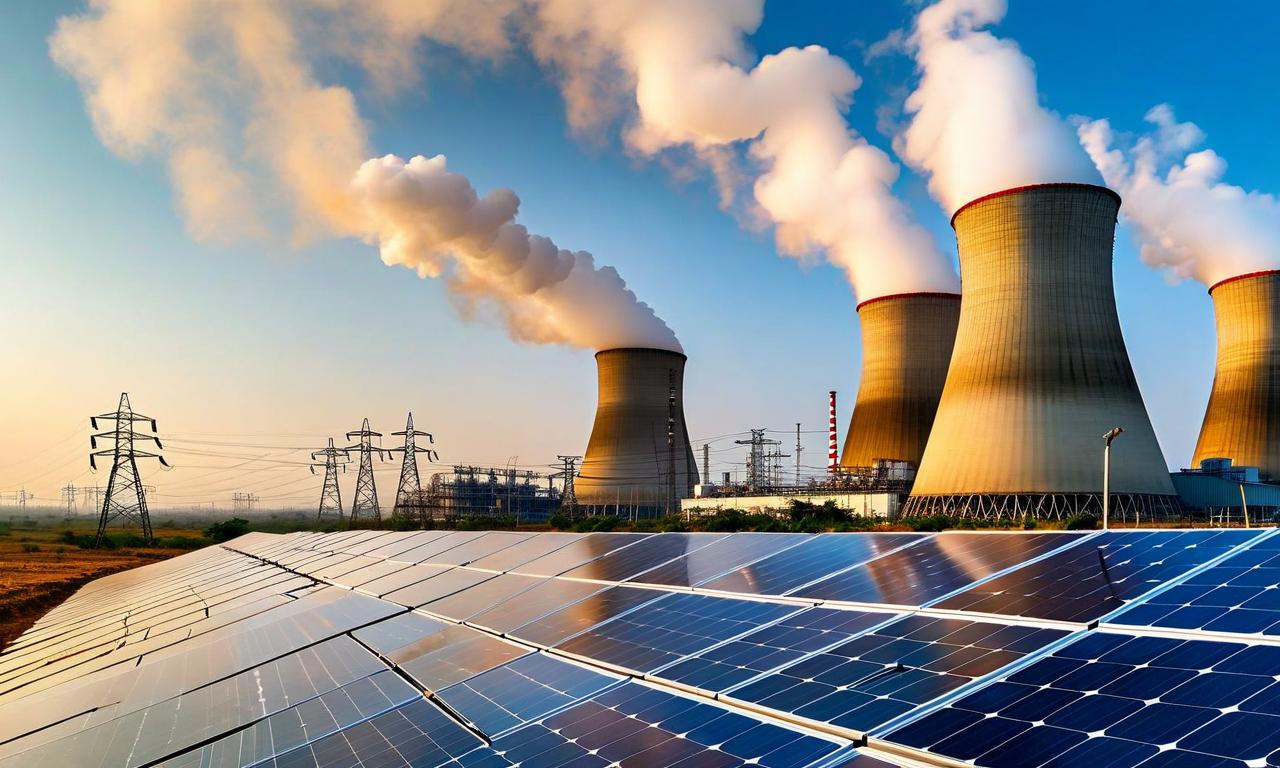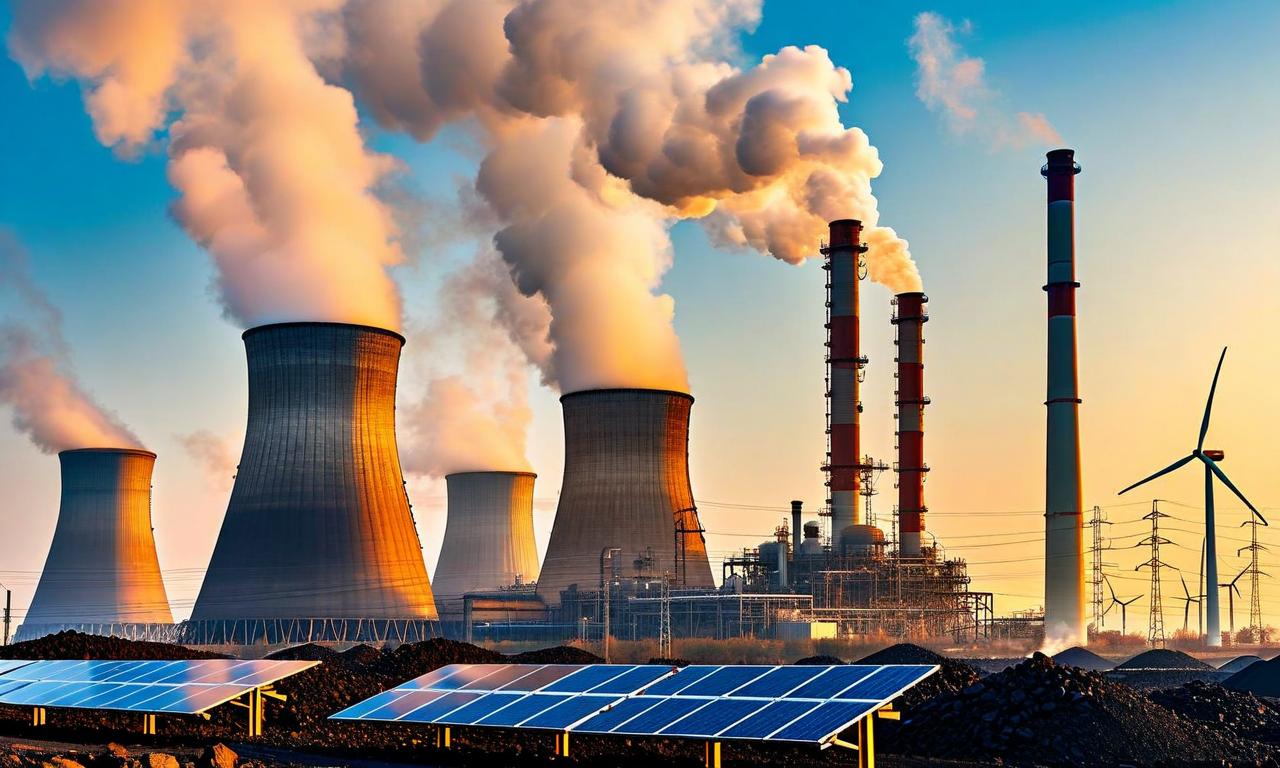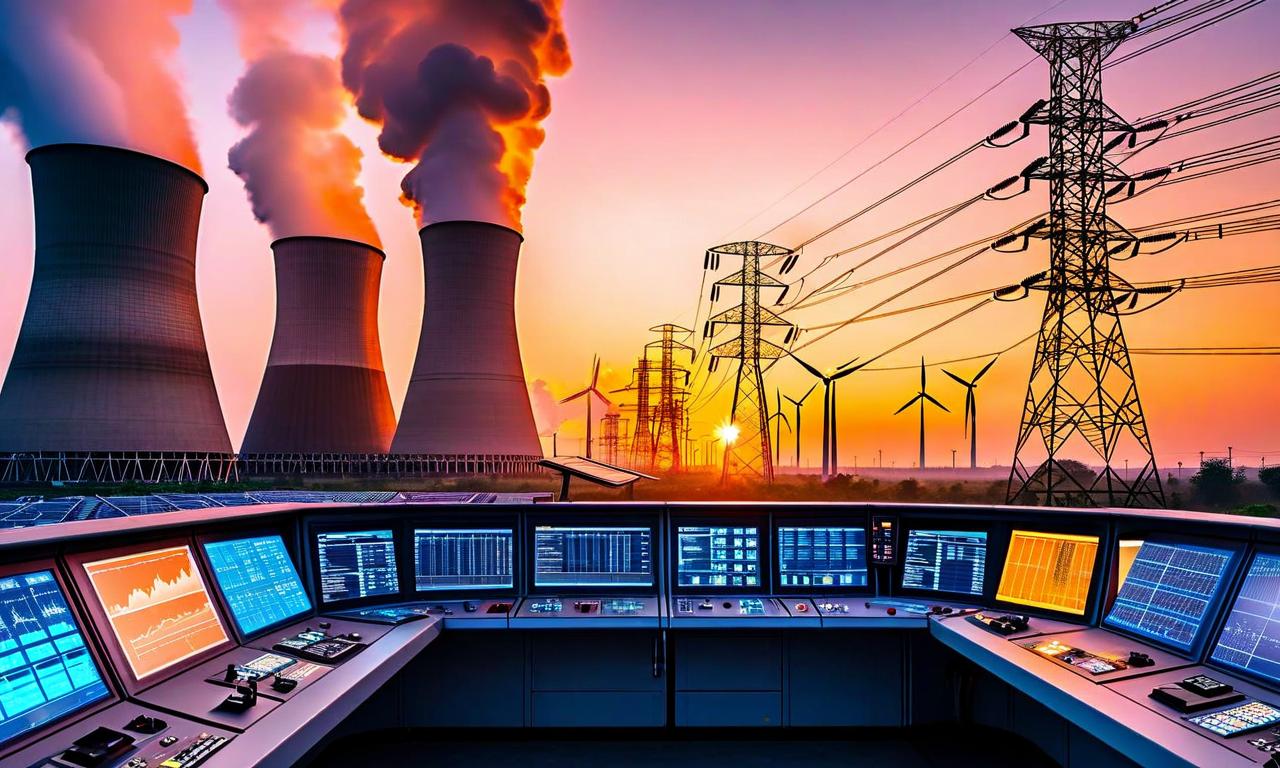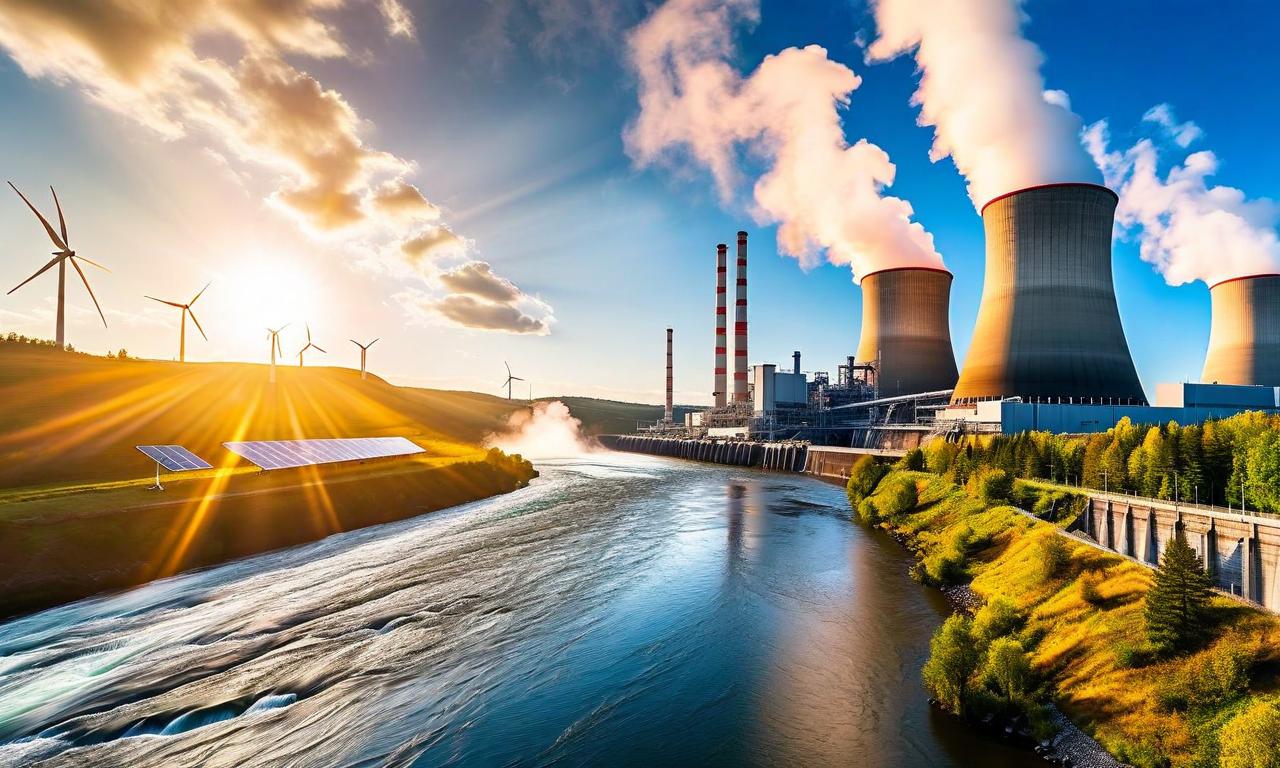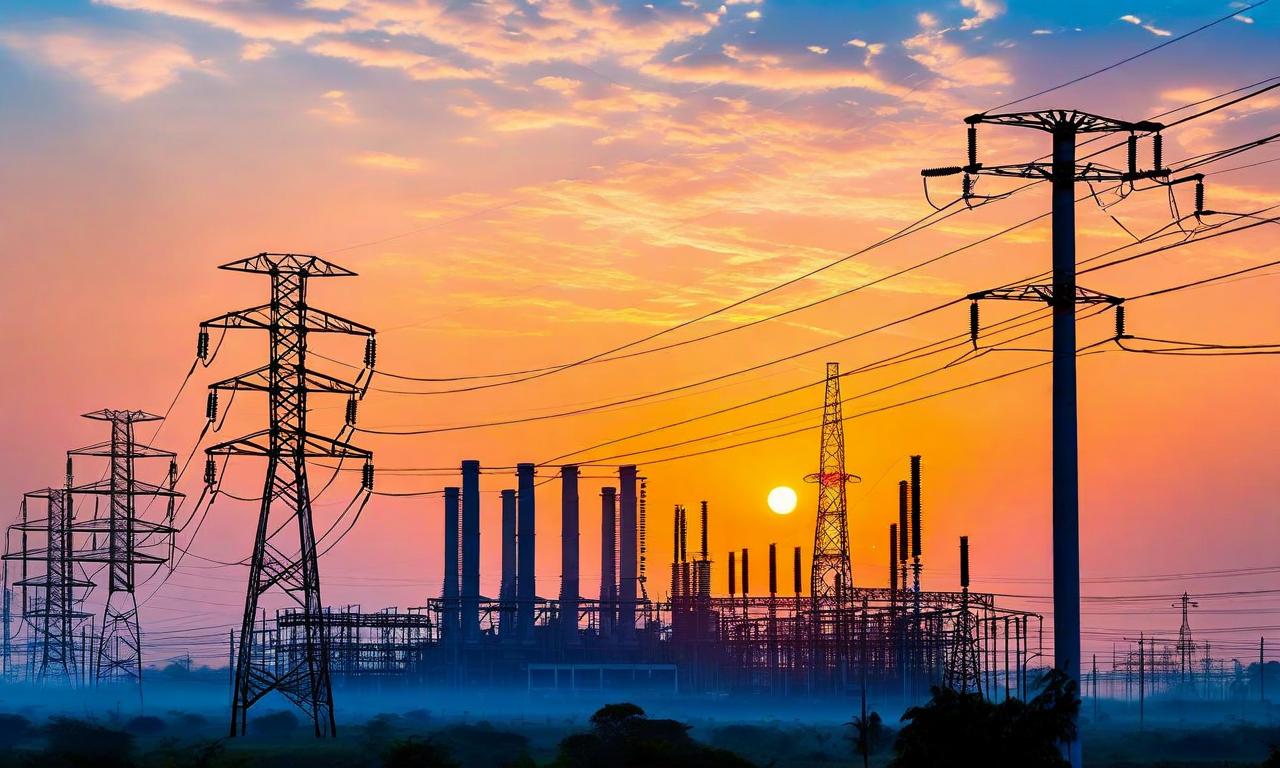Adani Power Secures Approval for Massive 3,200 MW Thermal Power Project in Assam
Adani Power Limited has received approval for a 3,200 MW thermal power project in Assam, to be developed under the DBFOO model. The project includes four 800 MW units using ultra-supercritical technology. APDCL has awarded Adani Power a Letter of Award for long-term power supply. The plant will be commissioned in phases, starting December 2030, with full commissioning by December 2032. Coal linkage will be arranged by APDCL under the SHAKTI Policy.
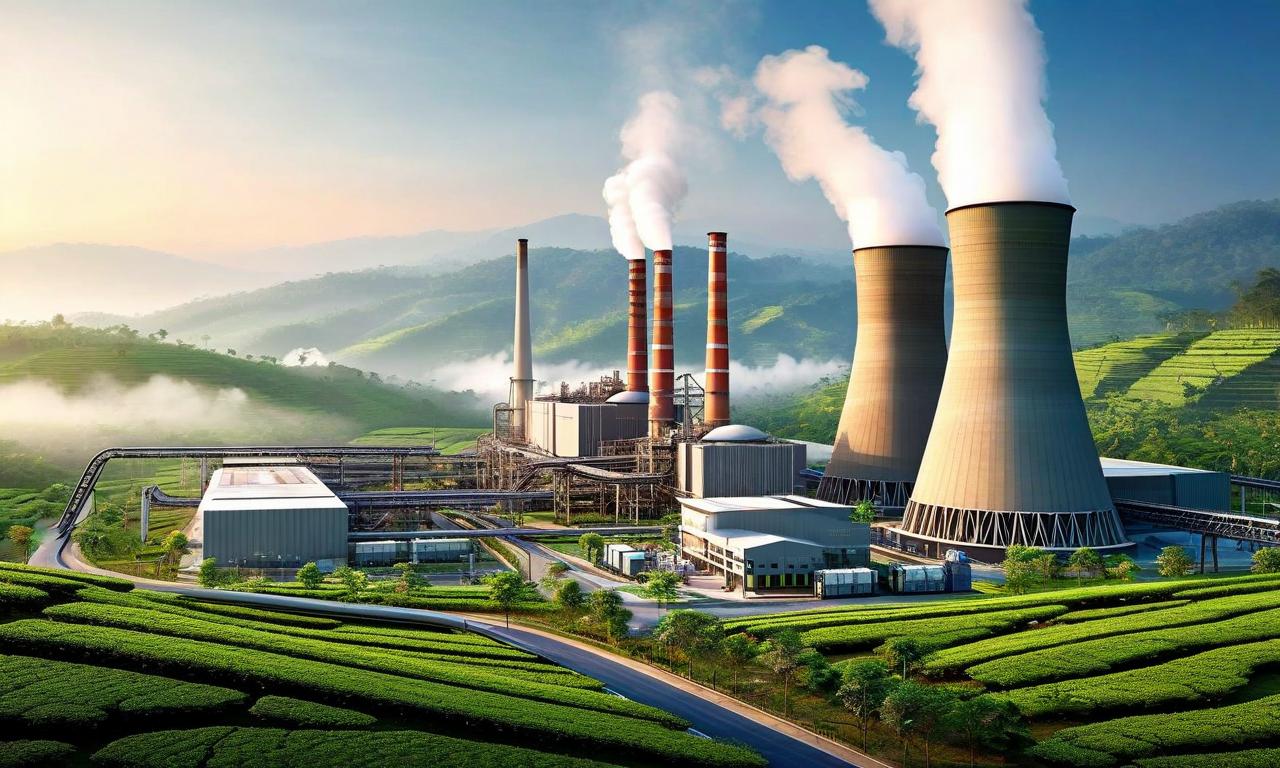
*this image is generated using AI for illustrative purposes only.
Adani Power Limited has received a significant boost to its expansion plans in Northeast India. The company has secured approval for a 3,200 MW thermal power project in Assam, marking a substantial increase in its power generation capacity in the region.
Project Details
The project, to be developed under the Design, Build, Finance, Own and Operate (DBFOO) model, represents a major investment in Assam's power infrastructure. Here are the key details of the project:
| Aspect | Details |
|---|---|
| Capacity | 3,200 MW (4 x 800 MW units) |
| Project Type | Greenfield Ultra-supercritical Thermal Power Plant |
| Location | Assam |
| Awarding Entity | Assam Power Distribution Company Limited (APDCL) |
| Fuel Source | Coal linkage arranged by APDCL under SHAKTI Policy |
| Commissioning Timeline | Phased, starting December 2030, full commissioning by December 2032 |
Strategic Implications
This approval represents a significant milestone for Adani Power, reinforcing its position as a key player in India's power sector. The project aligns with the company's strategy to expand its footprint in regions with growing power demands.
Long-term Power Supply Agreement
Adani Power has received a Letter of Award (LoA) from APDCL for the long-term supply of power from this project. This agreement ensures a steady demand for the power generated, potentially providing stable revenue streams for the company once the plant is operational.
Environmental Considerations
The use of ultra-supercritical technology in the thermal power plant suggests a focus on improved efficiency and potentially lower emissions compared to older coal-based power plants. However, the environmental impact of such a large coal-based project may be a topic of discussion among stakeholders.
Economic Impact
The project is expected to have a significant economic impact on Assam and the surrounding region. It may create job opportunities during both the construction and operational phases, and could potentially stimulate local economic growth through increased power availability for industries and households.
As Adani Power moves forward with this project, it will be crucial to monitor its progress, particularly in terms of meeting the projected commissioning timelines and adhering to environmental standards. The successful implementation of this project could enhance Adani Power's position in India's evolving energy landscape.

